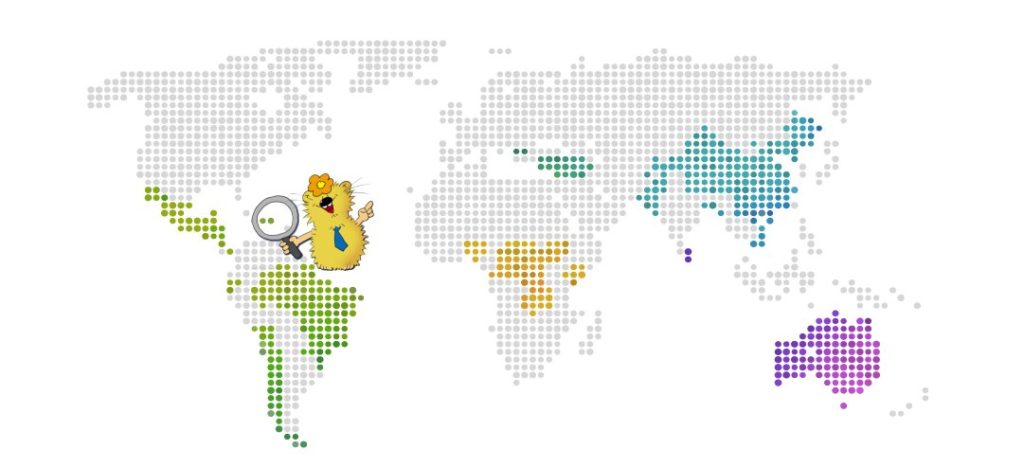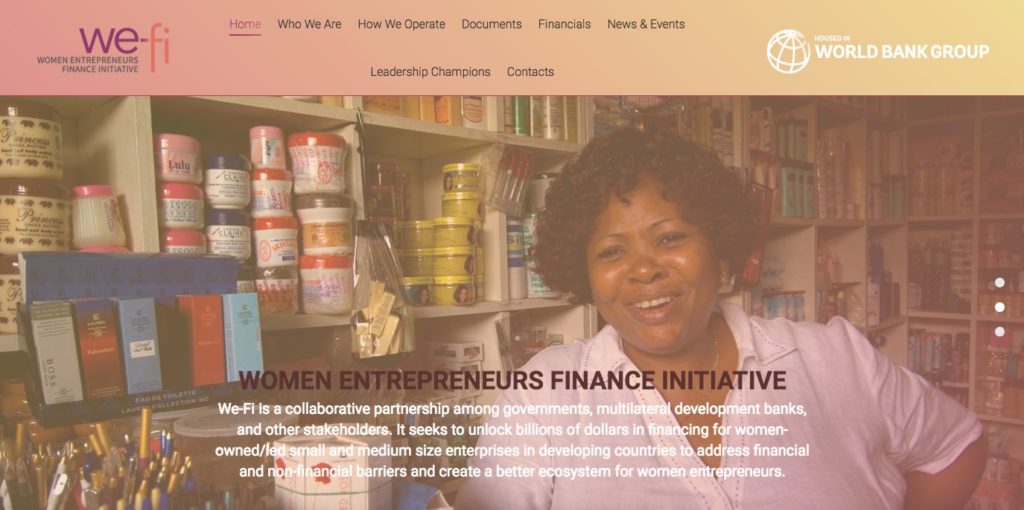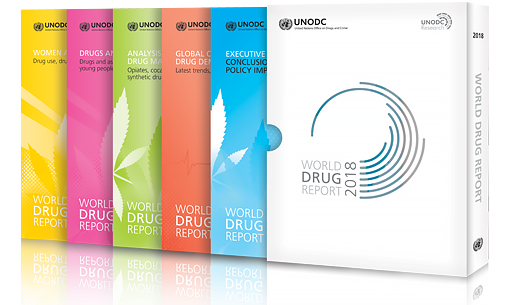This report Economics of Banking on Women is based on information gathered in the GBA’s Women’s Market Analytics Survey — the only collection of global banking data measuring the performance of financial institutions serving the Women’s Market, with 4 years of performance data and over 400 data points per institution. This second edition of the report bears out several trends that emerged in the previous edition, highlighting the strong business opportunity the Women’s Market represents.
GBA’s Global Women’s Market Survey
 This survey includes data that is self-reported by GBA members, and although it has been
This survey includes data that is self-reported by GBA members, and although it has been
reviewed the data has not been fully verified. Data granularity varies from bank to bank and
in some analyses outliers have been excluded. Therefore, some of the results may include
smaller sample sizes and represent still emerging trends that we will continue to analyze
through the annual compilation of this data. All currency referenced is in US dollars.
See also: Investing in gender equality and women’s economic empowerment
Gender equality is one of the founding values of the European Union.
Projects/Initiatives/Gender




 The Panama Papers
The Panama Papers




